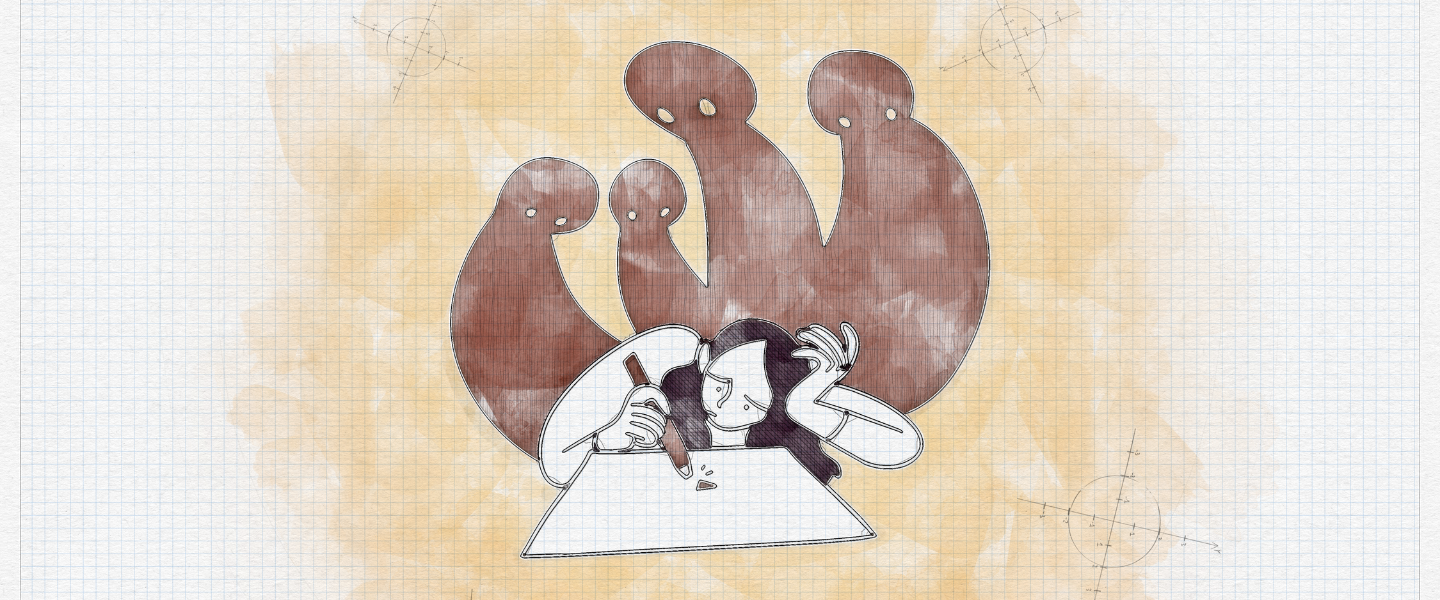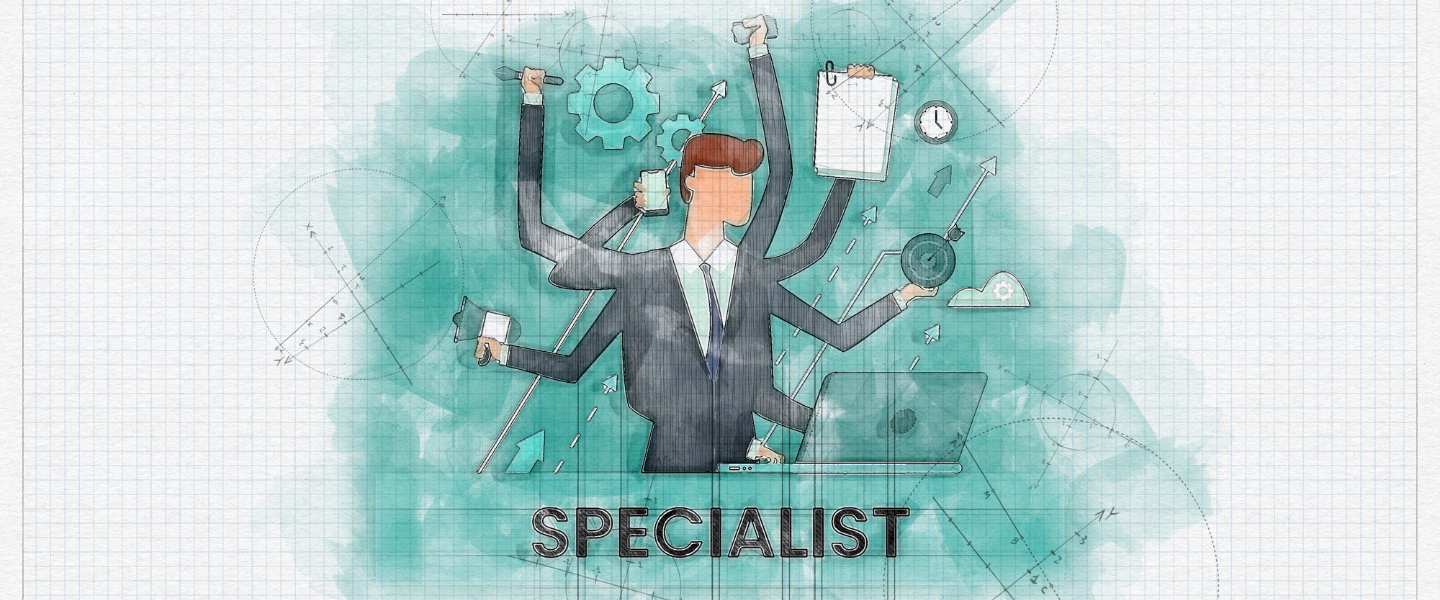Explore Topics
-
December 17, 2023, 11 min read
-
-
-
Are First Time Manager Programs a priority for companies?
July 12, 2023, 6 min read
Cauvery Bhalla and Dhruv Lohumi
-
To curb burn out, help managers focus on their health and wellness first
July 12, 2023, 6 min read
Cauvery Bhalla and Dhruv Lohumi
Leadership & Management
-

Quinnox Leadership Development Programs: Cultivating Excellence Across All Levels
July 4, 2025July 4, 2025, 5 min read
-

Shrini Rao’s, CEO Vestian talks about Leadership, Purpose, People and the Future of Work
July 4, 2025July 4, 2025, 5 min read
-

Driving Excellence Through Vision – Leadership and People Practices at RDC
July 4, 2025July 4, 2025, 6 min read
-

Learning at the Core: How Remsons is Building a Future-Ready Workforce
July 1, 2025July 1, 2025, 6 min read
-

Empowering Transformation Through People: Vinod Nair’s Leadership Philosophy at Noventiq
July 1, 2025July 1, 2025, 5 min read














